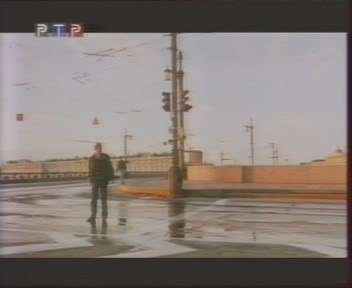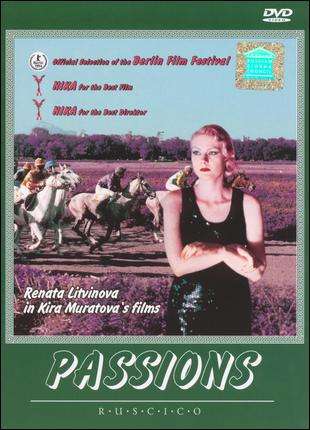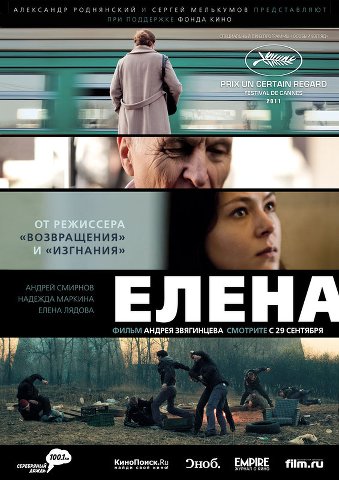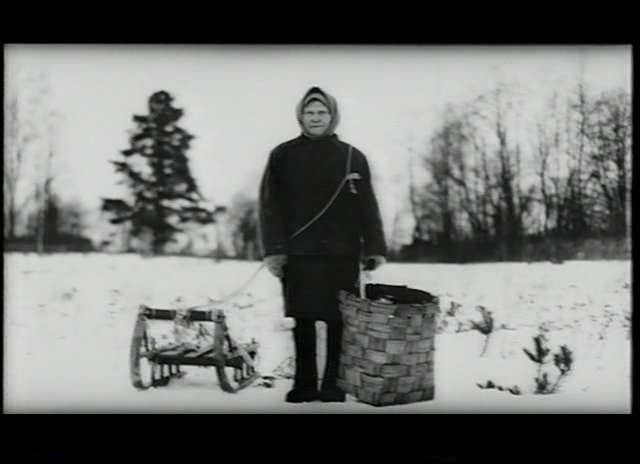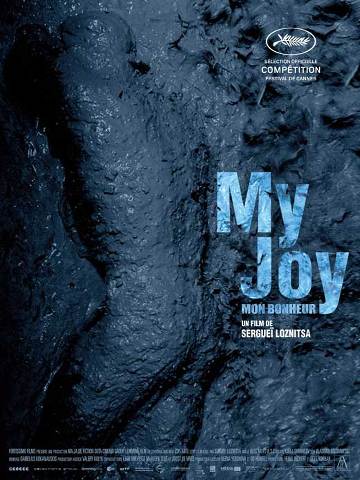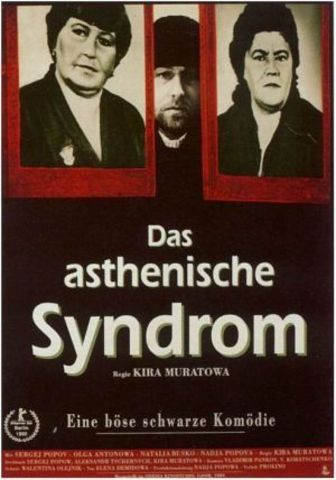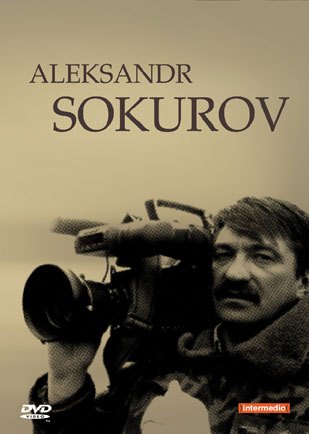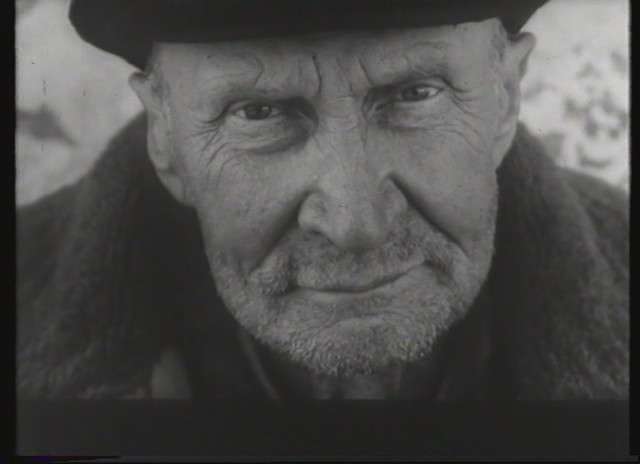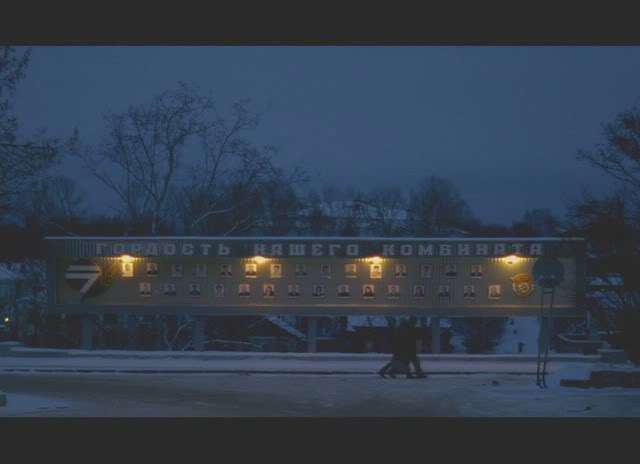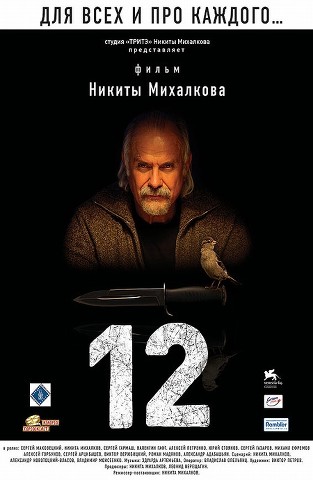

Sergei Loznitsa has once again scoured the Russian film archives for REVUE, selecting excerpts from newsreels, propaganda films, TV shows and feature films that present an evocative portrait of Soviet life during the 1950s and 1960s. With scenes taken from the length and breadth of the Soviet Motherland, REVUE illustrates industry and agriculture (dam construction, steel plants, Stakhanovite labor competitions, farmland seeded by hand and plowed with horse), political life (local elections, abundant Lenin iconography, speeches by Khrushchev, the threat of capitalist spies), popular culture (a village choir, a dance troupe, a travelling cinema, poetry readings for workers, a propagandistic stage play), and technology (space exploration, astronaut Yuri Gargarin, new industrial development). The film's fascinating flow of disparate scenes representing typical Soviet life of the period is, seen from today's perspective, alternately poignant, funny, and tragic. The cumulative impact reveals a life of hardship, deprivation and seemingly absurd social rituals, but one always inspired by the vision, or illusion, of a communist future. Seen from these dual historical and contemporary perspectives, REVUE is both a nostalgic and instructive look back at a communist past that represents social engineering on a grand, and frightening, scale. (icarus-films)
